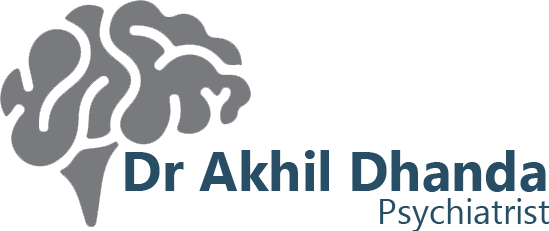Promoting Independence And Quality Of Life For People With Mental Retardation
Promoting independence and enhancing the quality of life for individuals with intellectual disability (ID) is a multifaceted endeavor that requires a comprehensive approach encompassing education, support services, community integration, and advocacy. Intellectual disability, formerly known as mental retardation, refers to a condition characterized by limitations in intellectual functioning and adaptive behavior, which manifests during the developmental period. Despite the challenges posed by intellectual disability, it is essential to recognize the inherent capabilities and potential of individuals with ID and provide them with opportunities to thrive, lead fulfilling lives, and contribute to society.
Education and Skill Development
Education plays a pivotal role in empowering individuals with intellectual disability and fostering their independence. Access to quality education tailored to their unique needs and abilities is essential for enhancing cognitive skills, promoting social interaction, and building self-confidence. Specialized educational programs, such as individualized education plans (IEPs) and inclusive classrooms, can facilitate learning and skill development while fostering a supportive environment that accommodates diverse learning styles.
Moreover, vocational training and transition services are crucial for preparing individuals with ID for adulthood and facilitating their integration into the workforce. By acquiring practical skills and vocational training, individuals with intellectual disability can gain greater autonomy, pursue meaningful employment opportunities, and contribute to their financial independence.
Support Services and Community Integration
In addition to education, access to comprehensive support services is vital for promoting independence and enhancing the quality of life for people with intellectual disability. These services may include healthcare, therapy, social services, housing assistance, and transportation support. By addressing their diverse needs and providing tailored support, individuals with ID can overcome barriers and participate more fully in their communities.
Community integration is another key aspect of promoting independence for individuals with intellectual disability. Encouraging social participation, involvement in recreational activities, and engagement in community events can foster a sense of belonging and enhance social connections. By promoting inclusivity and reducing stigma, communities can create a supportive environment where individuals with ID are valued and respected members.
Empowerment and Self-Advocacy
Empowering individuals with intellectual disability to advocate for themselves and make informed decisions is essential for promoting independence and autonomy. Through self-advocacy training and support, individuals with ID can develop essential skills, such as communication, problem-solving, and decision-making, that enable them to express their needs, preferences, and aspirations.
Furthermore, promoting self-determination and autonomy empowers individuals with intellectual disability to assert control over their lives, set goals, and pursue their interests. By fostering a sense of agency and self-efficacy, individuals with ID can overcome obstacles, make choices that align with their values, and lead self-directed lives.
Family and Caregiver Support
Family members and caregivers play a crucial role in supporting individuals with intellectual disability and promoting their independence. By providing emotional support, practical assistance, and advocacy, families can create a nurturing environment that enables individuals with ID to thrive and achieve their full potential. Additionally, accessing respite care and support services can help alleviate the caregiving burden and prevent caregiver burnout, ensuring the well-being of both individuals with ID and their families.
Furthermore, fostering collaboration between families, caregivers, and service providers is essential for promoting continuity of care and addressing the evolving needs of individuals with intellectual disability across the lifespan. By working together as a team, stakeholders can develop personalized support plans that reflect the unique strengths, preferences, and goals of each individual with ID.
Conclusion
Promoting independence and enhancing the quality of life for people with intellectual disability requires a multifaceted approach that encompasses education, support services, community integration, empowerment, and family involvement. By recognizing the inherent capabilities of individuals with ID and providing them with opportunities for growth, inclusion, and self-determination, society can create a more equitable and inclusive environment where all individuals can thrive and lead fulfilling lives. Through collaborative efforts and a commitment to empowerment, we can promote independence and improve the quality of life for people with intellectual disability, ensuring that they are valued members of our communities.







